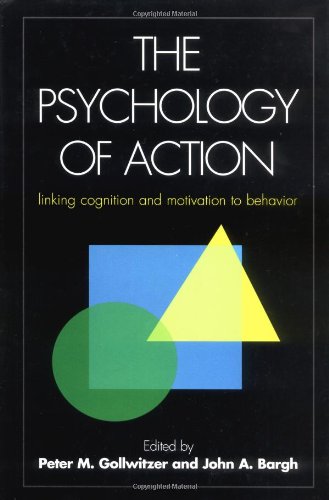
One of the first major theoretical reviews of schizophrenia since the publication of the 5th edition of the APA’s Diagnostic and Statistical Manual, the DSM-5, this volume is a landmark in the history of schizophrenia research. It assembles recent groundbreaking developments in research on schizophrenia and reaffirms its central place in the mental health research agenda. Significantly, this volume reflects the paradigmatic shift in schizophrenia research applied in parallel to new approaches in psychiatric diagnosis. New models and findings from across disciplines in recent years reflect a new and greater understanding of the workings of the brain, which, in turn, helps develop our knowledge of the neuro and psychological processes in schizophrenia. Consequently, this volume illustrates a historical convergence of psychology, psychopathology and the neurosciences in schizophrenia.
World-renowned leaders of the schizophrenia research community in fields such as neuroscience, psychiatry, neuropsychology, and clinical psychology offer clear suggestions for further advances in psychological and medical interventions, assessment, prevention strategies, and research. And in keeping with other titles in the Nebraska Symposium on Motivation series, these papers are noteworthy for their depth of detail, scientific rigor, and clinical relevance.
Included among the topics:
Cognitive organization as a dimension of individual differences and psychopathology. Neurodevelopmental genomic strategies in the study of the psychosis spectrum. Multimodal brain and behavior indices of psychosis risk. The NIMH Research Domain Criteria Project: new approaches to classifying psychotic spectrum disorders.
The Neuropsychopathology of Schizophrenia is one of the most forward-thinking and engaging treatments of the field in recent years, and is an indispensable text for all researchers, academics, and clinicians who treat or study mental illness, especially psychiatrists, psychologists, mental health practitioners, and neuroscientists specializing in schizophrenia.


